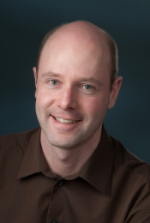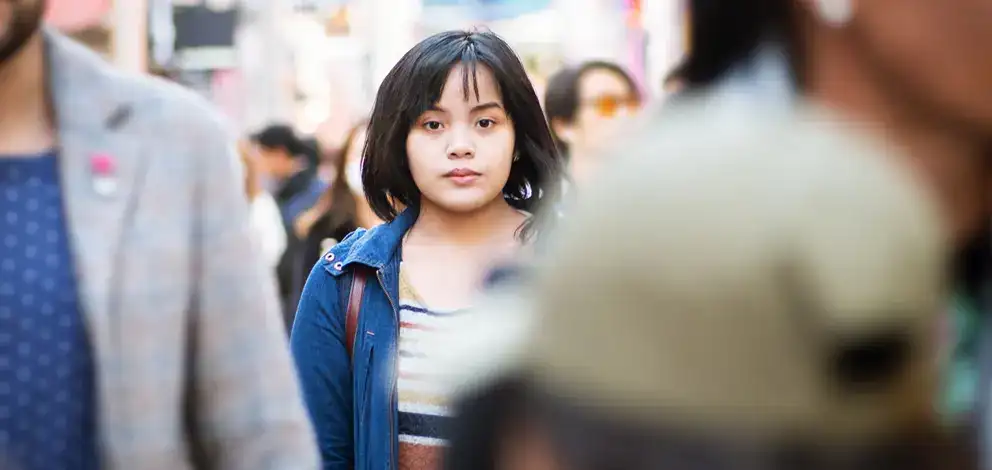“I have a loving family but after a few days, everyone’s life has got back to normal. But mine isn’t anymore.”
I was recently at a heart disease conference and heard a patient say this in front of hundreds of attendees in relation to her experience after heart valve surgery. Two years ago I would have listened and thought this was an interesting and heartfelt story, and that was about it.
But now, since I was diagnosed with heart disease, these words have taken on new meaning. I found this quote repeating over and over in my head, as I realized the truth in it.
First off, I’ll admit, there are many people in worse condition than me. I haven’t had a heart attack or needed surgery. However, when you have a chronic condition, you can’t escape it. It’s there when you wake up and it’s there when you go to sleep (I mean that literally, as that is when I take my medications).
I’m still as active as ever and eat pretty much the same foods (more on that later). But, there’s always this thing in the back of my mind.
Before and after
Before being diagnosed, I was experiencing heart palpitations when swimming a few times a week. I held off going to see my colleague cardiologist for months, fearing what he would say (this coming from an expert researcher in cardiac rehabilitation). My main concern: I didn’t want to stop exercising and competing at a high level.
It wasn’t until I told my wife about my heart rhythm that things started to move.
My cardiologist told me to avoid swimming until things got checked out. He was concerned, and rightly so, that if the palpitations didn’t normalize quickly I could go unconscious in the pool.
The prescribed beta blocker did the trick and my palpitations have pretty much gone away. But tests revealed a 20% blockage in my LAD, one of the main arteries in the heart. Even though 20% isn’t much, it was still a shock to me. I’m the researcher, the one who is meant to help people prevent heart disease, not get it myself.
My wife, family, friends and colleagues were all very supportive. They were wonderful. However, after a few weeks, things just went back to normal. Kind of like the Pokemon Go game that came out in 2016; everyone was playing or talking about it. But now? Well you know the answer.
My new normal
For me, though, things didn’t go back to like before. A new normal set in and it wasn’t about having to take the medication regularly. It was the fact of this condition always being there, making me wonder about every little thing that happens.
When I returned from that conference, for example, the next day I had a headache. Not a big pain, more a mild one like when you’re dehydrated. I drank some water but it stayed with me the whole day. It faded in and out for the next few days until getting more painful around my right eye.
I started recollecting the signs of stroke in my head and checking if I had any. I could still talk, my vision wasn’t blurry (in one eye at least) and I could raise my arms. Good thing my office is private as people might have thought I was having a stroke seeing me doing that.
Now you’re probably thinking; why didn’t he just go to the doctor? Good question. I decided to wait a few days to see if things got worse or better. Plus I was being lazy. Yep, lazy. I didn’t want to make it a big deal, nor was I convinced I was having a stroke.
After a few days things got better and I figured the headache was probably due to having a cold and travelling by plane. But it did create some anxiety.
Recently, and with writing this blog, I’ve become more attuned to my nutrition. Yes, I’m married to a dietitian, but that doesn’t mean we’re perfect. In fact, the other week I was ranting at her for buying Easter eggs half price after Easter. I couldn’t help myself from eating them (they taste so good!). After a few days of having one or two each day I started to visualize the little bits of sugar in my arteries attacking my plaque, making it worse. Didn’t my wife know I have heart disease?
The next week she brought home half a dozen of icing-laden fruit scones. After eating half of one, I told my wife: Don’t bring anymore chocolate or sweets into the house again. I have heart disease, are you trying to kill me? Maybe a touch over-dramatic.
Learning and living
Not all bad has come from having heart disease (did I just say that?). I understand more about the context of my work, and my diagnosis acts as a bridge when working with other patients to understand their needs. I feel I am a better teacher and have shared my story with my students in class.
I’ve also found comfort and, even strength, in sharing my story with others. At first I thought it was for their benefit. But now I see that sharing has allowed me to connect with other people, people who I may have known (but not always), who also have a chronic disease.
Sometimes we learn from each other but that’s not essential; just talking to someone who can understand or has been there helps. Even if the person listens without saying anything, it helps. And by doing so, it has made me stronger.
I want to thank the woman at the conference for standing up and sharing her story. In doing so, she tells all of us we’re not alone and empowers people to share their story for the good of others as well as themselves.

Dr. Scott Lear is a leading researcher in the prevention and management of heart disease. He holds the Pfizer/Heart and Stroke Foundation Chair in Cardiovascular Prevention Research at St. Paul’s Hospital in Vancouver, and he is a professor in the faculty of health sciences and the department of biomedical physiology and kinesiology at Simon Fraser University. Dr. Lear also lives with heart disease himself. Follow his blog at drscottlear.com.
- If you’re living with heart disease or stroke, find other who share your experience in Heart & Stroke’s members-only Facebook community.
